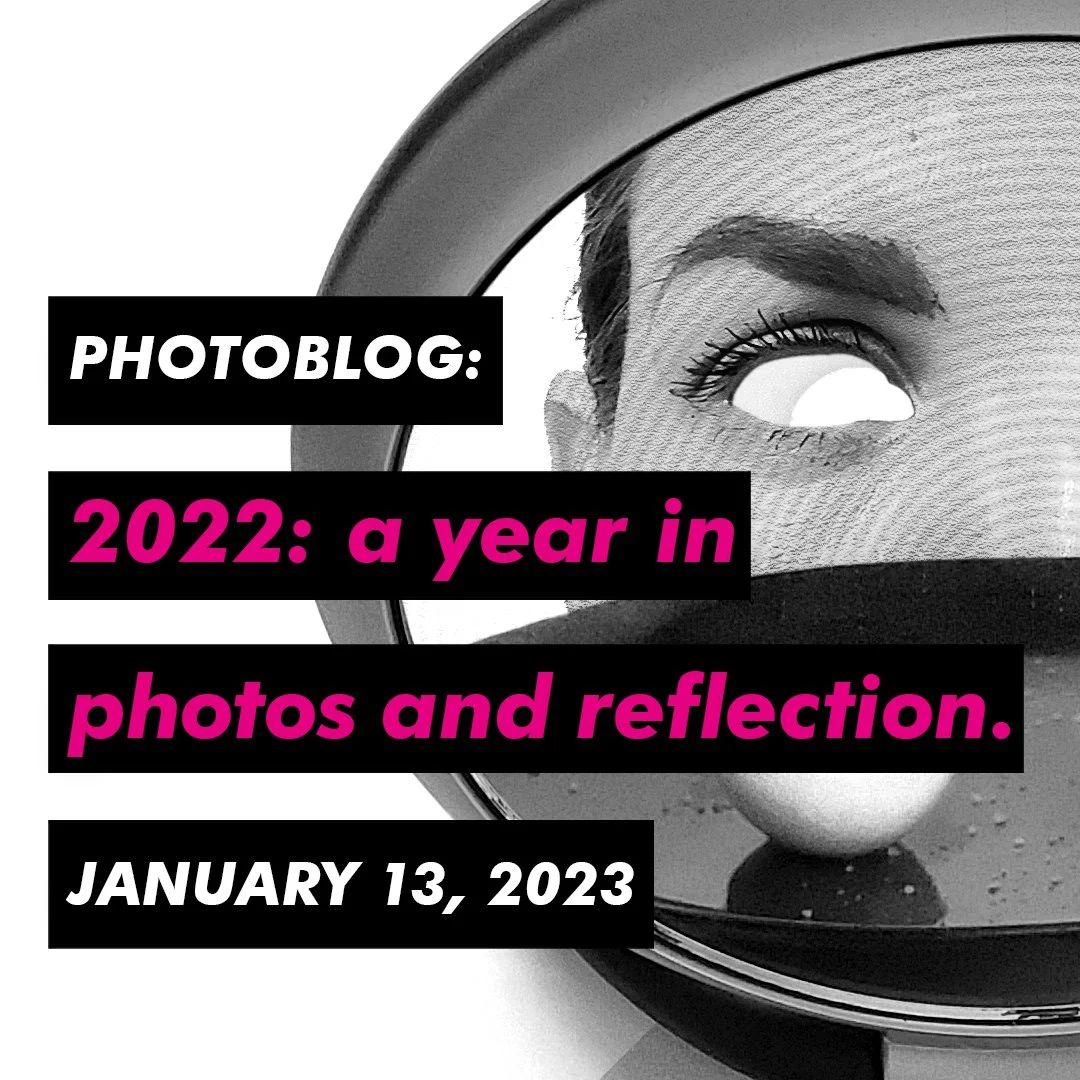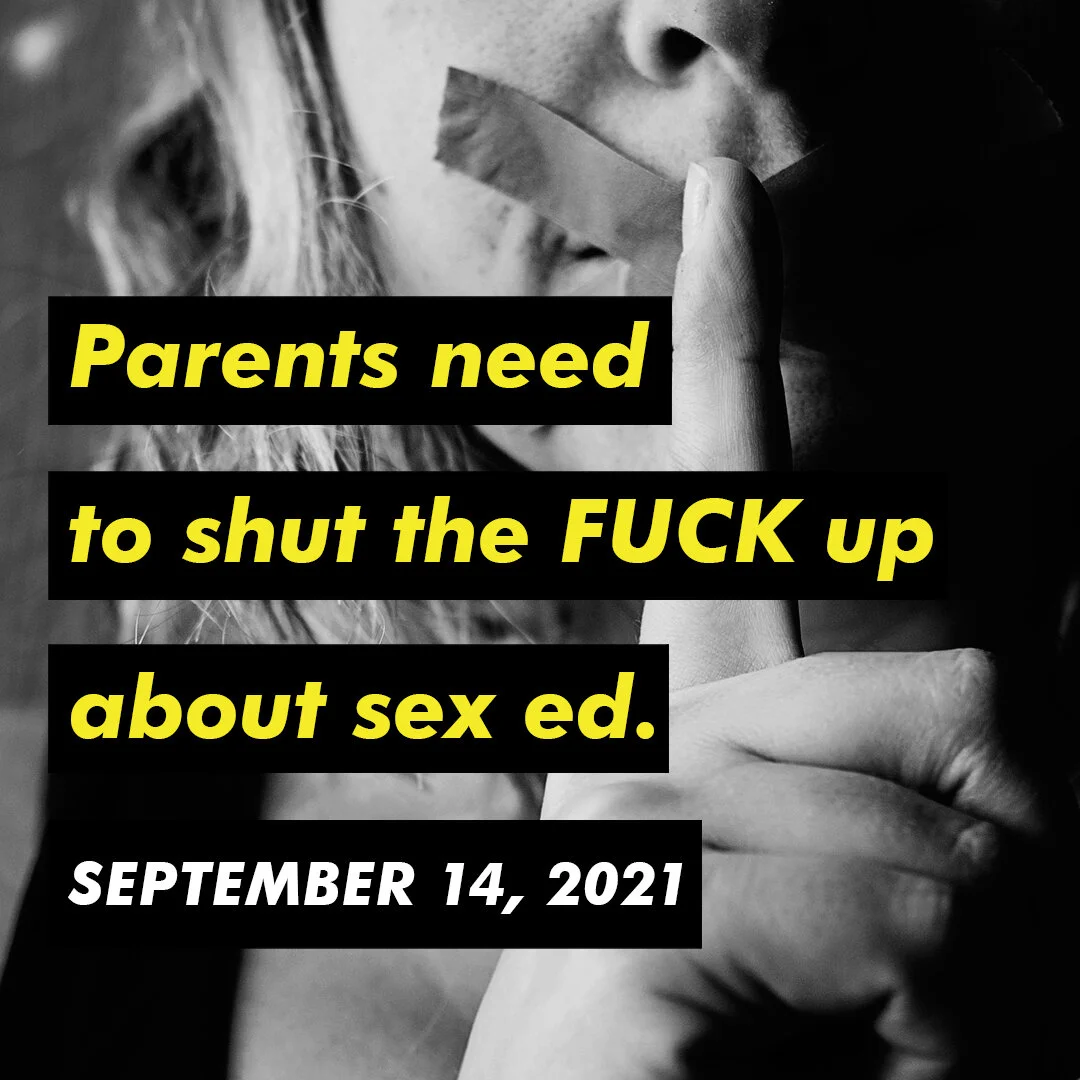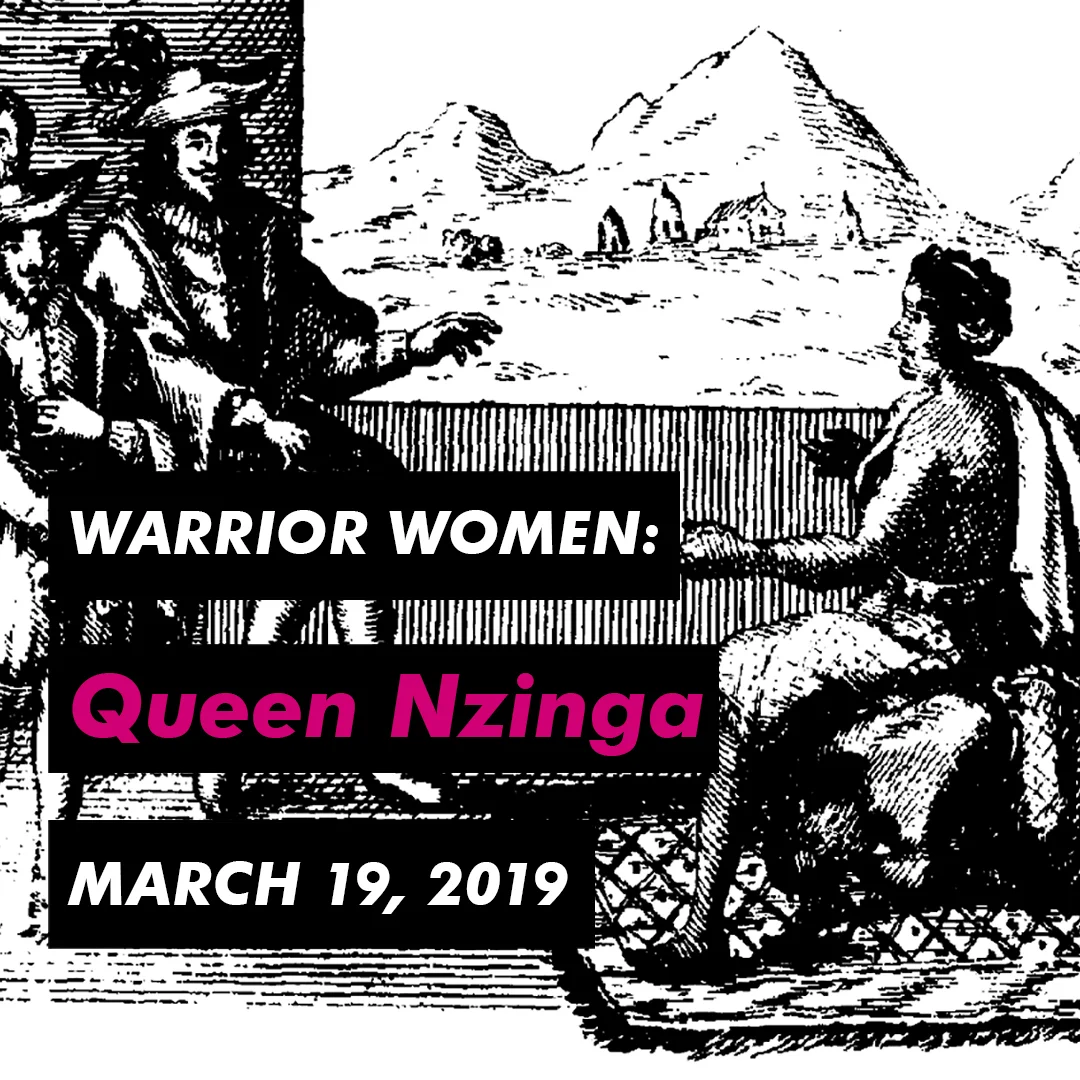the women’s march, two years later
This past weekend marked the start of the third year of the Trump presidency and on Saturday, the Women’s March took to the streets in cities worldwide for a third time. As in years past, the 2019 March was a call to action, a #WomensWave, and a continued protest of the policies wielded by the Trump administration. Though crowds for the marches were smaller this year than in previous years, thousands of women and men still showed up to march.
I participated in the Women’s March on Washington in 2017. It was the first march, protest, or advocacy effort that I had ever taken part in, and the feeling was indescribable. I created #DontTrumpWomen masks and stickers which I gave out to other energetic march-goers. I designed signs with the #DontTrumpWomen head and carried them defiantly among a crowd of hundreds of thousands of bodies - nearly half a million people - marching through the cold January streets of DC for women, for democracy, and for humanity. We were a raging, unstoppable force that day, a force that could withstand the Trump tide, and an unbreakable movement of female resistance. It was an experience that inspired me and one that shaped the art and the advocacy of the Femme Project moving forward.
but, are women better off?
In the two years since Trump has taken office, I find myself asking more questions than finding answers. Have women made progress? Are we better off? Or are we just stemming the regressive tide? Have things gotten worse?
trumping women
Every morning, it pains me to read the headlines. Some days, I ignore the news. Trump and the Republicans have successfully transformed the Supreme Court into a conservative bastion, one that will outlive the changing landscape and attitudes of the American people, and could potentially threaten the hard won rights of a woman’s right to choose and her personal freedoms. Additionally, Trump’s administration has focused their efforts on undoing progressive policies including healthcare laws mandating contraception coverage and a rule closing gender pay gaps, while also restricting federal funding to international organizations providing abortion-related services and, more importantly, vital health resources for women in need of health services world-wide. Here at home, they continue attempts to defund Planned Parenthood which will disproportionately impact low-income and young women seeking much needed healthcare and information.
women losing women
Since the overwhelming success of the first Women’s March, the non-profit organization has grown exponentially. The growth has come with challenges for the organization, leaders and membership. Amid accusations of anti-Semitism preceding this year’s event, Women’s March organizers were criticized for their slow response and rebuttal of anti-Semitic statements. This led to a rift in the organization and a fractured identity. New groups have formed sponsoring their own versions of women's marches and crowd size, overall, was smaller than expected. In addition to the infighting and divisions, the Women’s March launched it’s “Women’s Agenda,” an intersectional feminist policy agenda which identifies priorities, policies, and goals serving a host of different issues, concerns, and communities. Amid such a diverse set of focus areas and initiatives - things like Ending State Violence, Immigrant Rights, Disability Rights, Environmental Justice, as well as Ending War - I begin to wonder if the Women’s March Organization is stretching itself too thin? Overreaching? Are we losing sight of why we marched for the first time?
the tech war on sex + sexuality
On December 17, 2018, Tumblr made a major change to its community guidelines.The adult content (and female presenting nipples) ban represented a major blow to freedoms around sexual expression and exploration. Effectively declaring that sex and sexuality were no longer welcome on the platform. This, coupled with Instagram’s sexist policies censoring female bodies; Facebook’s new rules restricting sexually explicit language; and even Vero’s new effort to police “inappropriate” content (they scrubbed my account and removed any posts they felt did not meet their community guidelines), have had a chilling impact on how we engage with sex. Technology and entertainment companies have become the gatekeepers of what we can consume online. In the interest of being “family friendly” and inclusive, they have unilaterally decided that sex and the human body (specifically women’s bodies) are inappropriate or obscene, thereby limiting what we see, read, and know regarding sex and sexuality on the internet and social media. “Progressive” tech companies and global corporations are now moderating and controlling what is morally acceptable for us to consume, without oversight or regulation. The net result is that women pay the biggest price. They are being diminished and told that sex, their desires, and their bodies are something to be shamed.
it’s not all bad out there...
about #metoo
In some respects, the advent of the Women’s March nurtured a landscape for #MeToo to thrive and succeed. The #MeToo movement tackled an issue that has plagued women and victims for decades (much longer I’d argue). In a landslide of articles and posts, cases of assault, abuse, and injustices were exposed and condemned. There were even legal actions to further the cause and provide justice. Many were shocked and appalled, but women were not surprised. Someone opened a door and people were talking about an issue that most women just had learned to live with.
Unfortunately, the movement was diminished during the Ford-Kavanaugh hearings last year. The message was, once again, co-opted by a few privileged men who don’t respect women. The allegations became suspect and the accused have been characterized as the victims. Lately, I read more comeback stories about the abusers rather than how the victims are surviving and how their lives are forever changed. I do hope we won’t allow men to hijack the #metoo movement and make it about them. We still have a long way to go and it is important that we focus on what really matters here.
a womens wave
Since January 2017, more women than ever before have been elected to public office. We see the visible results with 116th Congressional delegation - a record number of women - 102 to be exact - make up the incoming House of Delegates. Two additional seats were won by women in the Senate. With women controlling the gavel and making waves in policy decisions and legislation, I am optimistic about where we can go and what we can achieve.
but, questions remain …
Did the Women’s March on Washington help women? Are women better off today than in 2017? Are women heading in the right direction? Are we doing enough as women to support each other to strengthen the bonds that unify us?
I don’t know how to answer these questions yet. As a new election cycle, and another year of a Trump presidency, begins I know that a divided nation will not help the women’s cause.
What I know for certain is that we need to empower each other - consistently, continuously, every day - if we are to achieve our equality and our goals.


































